
Roch Longueépée, Founder and CEO, Restoring Dignity
For more than four centuries has been the abuse suffered by many children while under the care of Canadian institutions; including children sent to orphanages, residential schools and various child welfare agencies.
Thousands of children perished due to the criminal acts committed against them by their 'caregivers'. Those who were entrusted to protect and care for vulnerable, neglected and abused children have not done their job. Millions of Canadians are affected, millions more, worldwide. Many survivors are living in abject poverty, with no home, no family and no government willing to help them.
Its not over. These events continue to unfold today. More than 1.2 Canadian children live in poverty. Many of these children will be forced to live under institutionalized care. In Canada, research shows that all children entering institutionalized life, will have a 50 % chance of being abused. Under the auspices of institutional care, some of these children will die or be killed.
You can help to stop it.
Join us as we call for a national inquiry into institutional child abuse in Canada. Write your political leaders and ask what they are doing to eradicate poverty and help victims of institutional child abuse.
Help us set the record straight and bring dignity back to the lives of millions. Join us at http://restoringdignity.org and take part in the Restoring Dignity Campaign.
Restoring Dignity Campaign
Roch Longueépée, Founder and CEO, Restoring Dignity
We are calling on all members of Parliament, and the Canadian public to support a national inquiry into institutional child abuse in Canada. Australia has recently completed a trilogy of inquiries into the subject of institutional child abuse which included past and modern day institutional injustices. I will be announcing recommendations for the format and execution of such an inquiry throughout the Restoring Dignity Campaign tour.
On a personal note, I have lived my entire 36 years with the lasting effects from multiple forms of abuse endured at the hands of former caregivers.
Three years ago, I was diagnosed with spinal disorder, the result of extreme physical trauma inflicted to my spine and head areas by former caregivers. The damages are permanent. I must now live with the reality that I may wake up one day unable to move from my own bed.
In 2000, while researching evidence for a civil action against an orphanage I spent the first five years of my life in, I came across the Law Commission of Canada’s report on institutional child abuse in Canada. The report was entitled “Restoring Dignity”.
As I read, I soon realized that I was not alone. As I went through the sea of stories and countless groups who continue to be affected by this issue, I was rudely awakened by feelings of betrayal and injustice. The report recounted horrors of homelessness, corruption, cultural eradication, mutilations, genocide and death resulting from the abuse.
Survivor groups are commonly emerging from all over the world, including Canada, some are from actions already tried in the courts system, yet the main complaint common among many of their memberships is that the redress process has failed. They also express a deep core concern that the abuse so many of us suffered has continued within the system. This is the greatest injustice to all of us who are survivors. Such injustice only adds insult to the injury.
And there are survivor groups and survivors emerging from all over the world, including Canada who have not had their cases tried before the courts. They stood by watching the results of ADR process similar to the one in Nova Scotia, hoping to see if the current system would allow them release from the daily oppression they live under as a result of the injustices inflicted on them by their former caregivers. And the message again was clear, the system would not.
There are serious issues around experts which are (for a lack of better terminology) prostituting the system. Many victims are actually receiving 50 % or less after expert related expenses whether they are related to legal or other services during civil litigation. What monies are left over mostly go towards counseling or other related services which do not address the needs of survivors. The purpose of our civil process is to help those who have been harmed to get past the hurdles they face as a result of perpetrated harms. Similarly, the experts on the side of defendants, such as government, are often privately hired, high costing firms whose rates are paid by Canadian tax payers. The result is failed redress forums with high expenditures. In the end we are all losing. The victims are touted as being motivated by financial gain. The fact is that nothing could be further from the truth. The taxpayer gets the bill, and turns in anger at the victims attempting to find a way out of their own misery created by government and non government run institutions.
What is most troubling is that records of the victims' existence were also destroyed. For many who survived, family and cultural records of the survivors' own backgrounds were denied to them. The disconnection and loss of identity for groups like the Duplessis Orphans, child migrants, aboriginal peoples, and many others are frightening.
The struggle of their generation and perhaps the newer generations, in their search for a sense of who they are, and a sense of permanence in the communities in which they live, will linger for an undetermined time.
I have spoken to countless survivors in Canada and around the world. Their stories are compelling. Both what they have experienced and witnessed, is beyond words for me to describe to you here in this letter. Of greater consequence is that it has not ended. Although we no longer have orphanages in Canada, does not mean that the problem is specific to these types of institutions. As the years have progressed, the abuse has assumed new forms. Internationally renowned journalist Victor Malarek will tell you that institutional child abuse is worse now than it was in his time. Mr. Malarek should know, he is also a survivor. Mr. Malarek covered CTV’s W5 investigative documentary on the Mount Herbert Orphanage which I am a former resident of.
And most importantly, the history of institutional child abuse spans over four centuries and has endured to the modern era. We can no longer be complacent with reviews or inquiries constrained by terms of references as set out by those who are often the alleged perpetrators, the federal and provincial governments. Such controlled outcomes do not serve our communities in any provincial territory or federal jurisdictions. Churchill said, "This is only the first sip, the first foretaste, of a bitter cup which will be proffered to us year by year - unless by supreme recovery of moral health and martial vigor we rise again and take our stand for freedom."
Then he warned prophetically that "the era of procrastination, of half measures, of soothing and baffling expedients, of delays, is coming to a close. In its place, we are entering a period of consequences."
Amidst the hypocrisy, rhetoric has played a key role in silencing the countless victims' stories. And these things which should have never been forgotten became lost in a web of deceit and denial disguised in political and religious rhetoric.
The deceit of which I speak has caused further divisions between survivor groups, infighting among the memberships of survivor groups and displacement many survivors, their families and communities.
These are our children, our communities, and our nation, Canada deserves no less than to do all we can to ensure the future of these constituents of this great nation are safe from such harms in the future. Our future and our very way of life is dependent upon it.
An inquiry is needed to put to rest the rhetoric which has misled the Canadian public about the severity of institutional child abuse. Such an inquiry must have the power of subpoena. Such an inquiry must have non partisan, objective, fair, liberal and far sweeping authority to conduct a thorough investigation. The terms of reference must not be constrained by partisan or self interest ruling or interference; rather it must be in the welfare and best interest of survivors, their families, communities and all Canadians. The foremost important aspect of such an inquiry should be to clearly define what institutional child abuse is, which would expand the definition to any literal institution charged with the care and/or protection of children, and which neglects or abuses them.
In his endorsement of our campaign for a call into institutional child abuse Senator Andrew Murray, Senator in the Australian Federal Parliament, representing the state of Western Australia stated:
"The high direct and indirect costs of harming a child are long term.
In the decades of adult life that follow for an abused child, there is often a psychological response that can and does include anti-social behavior including violence and crime, substance abuse and significant relationship problems.
These costs can be measured in policing, court and prison costs; in the costs of broken homes; in health system costs; in welfare costs; and as opportunity costs.
The benefit of preventing or minimizing the abuse of children, or, of adequately treating its consequences, is clearly justified by the huge costs of not doing so.
I urge you to follow Australia's example. Inquiries like ours will prove of great benefit. "
The failures of governments and non government groups responsible for the injustices done to countless victims means a serious loss of talent and industry to Canada as well as a drain on our penal, social and Justice systems.
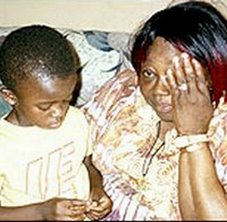

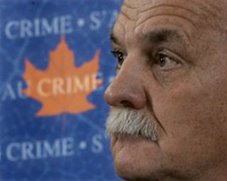

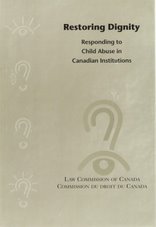






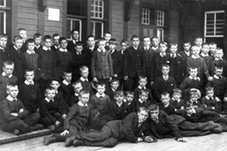
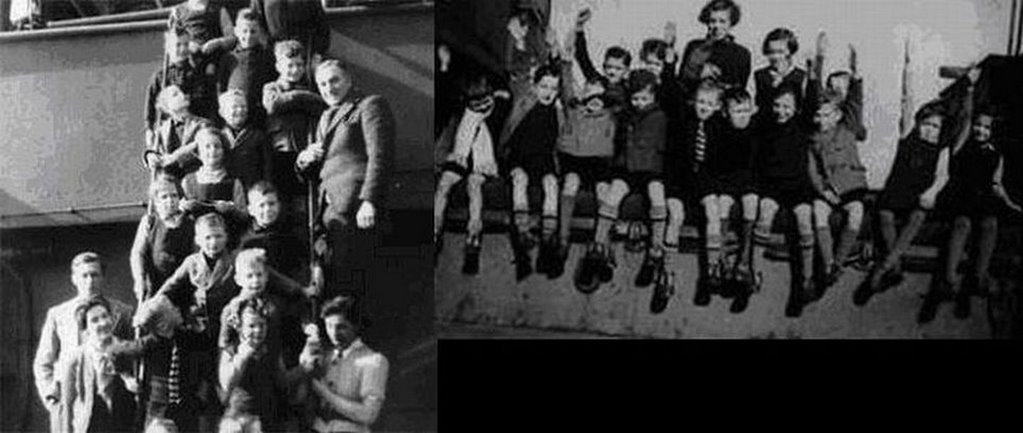
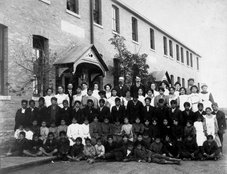
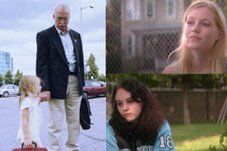



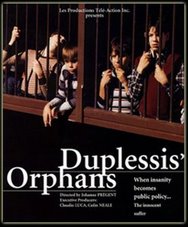


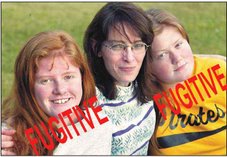
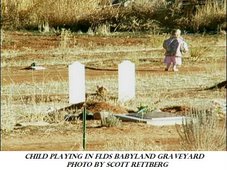
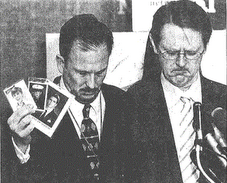


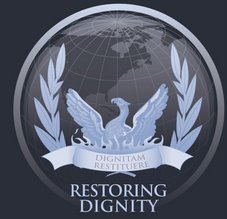

No comments:
Post a Comment